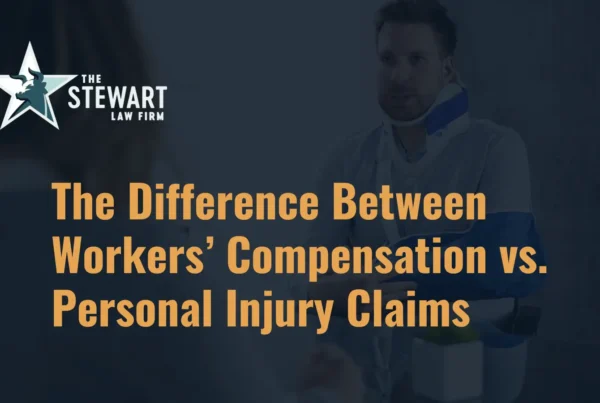In the last few years, there has been quite a bit of controversy surrounding the concept of Emotional Support Animals (ESA). An ESA is essentially a pet – dog, cat, peacock, alligator, etc. – that serves as a constant companion to people with emotional and mental disabilities. To legally qualify for an ESA, a candidate needs to be certified as “emotionally disabled” by a therapist, psychologist, or another licensed medical professional. Ideally, these pets assist people who suffer from incapacitating psychological disabilities that interfere with their daily activities, such as major depressive disorder, post-traumatic stress disorder, and general anxiety disorder.
After all, who doesn’t benefit from having a fluffy (maybe) and comforting face nearby? The main problem with Emotional Support Animals is that people without disabilities are abusing the system. There are multiple ESA websites that offer “psychological evaluations” to anyone who wants to pay a small fee to take their pet into stores, restaurants, and airports. You can even purchase ESA tags and harnesses off amazon.
Another issue is that Emotional Support Animals are not trained to be service animals. For example, a Psychiatric Service Dog (PSD) is trained to perform specific tasks, mitigate the side effects associated with cognitive disabilities, and behave in a manner that ensures the public’s safety. An ESA may be trained to “sit” or “stay,” but really only has one job: provide support and emotional comfort through companionship. Consequently, ESA’s have been known to display aggressive behaviors, such as growling, barking, and biting strangers. For this reason, ESAs are not protected by the Americans with Disabilities Act of 1990. However, they are protected by the Air Carrier Access Act and can accompany their owners on flights.
ESA on Flights
In the last few years, ESAs have been the source of countless dog bite lawsuits. In 2017, an Emotional Support Animal (a pit bull) bit a 5-year-old at the Portland International Airport. The little girl suffered injuries to her face and eyes that necessitated multiple surgical procedures. Her mother filed a $1.1 million lawsuit against the ESA owner, Alaska Airlines, and the municipal agency Port of Portland.
Last May, a man filed a personal injury claim against Delta after a fellow passenger’s ESA attacked him on a flight. According to the complaint, the “large dog” started growling when the plaintiff was securing his seatbelt. Moments later, the dog lunged and began mauling his face, causing him to bleed “so profusely that the entire row of seats had to be removed from the plane.”
There have also been complaints about ESAs attacking Seeing Eye dogs in restaurants and airports. Sadly, when working dogs are injured, blind owners lose both their “eyes” and their companions in an unfamiliar place.
What If an ESA Harms a Flight Attendant?
Many airlines, including American Airlines and United, have reacted to these attacks by tightening their policies on Emotional Support Animals. American Airlines, for instance, only allows dogs and cats on their planes. However, updating flight regulations isn’t enough to protect passengers and employees from a scared and aggressive animal.
On July 22, 2019, a flight attendant was attacked by an ESA during an American Airlines Flight. American spokesman Ross Feinstein released a statement explaining that the dog’s owner “became ill during the flight, and the flight attendant was reaching into the seatback pocket to retrieve the air sickness bag for them. The dog apparently felt threatened and bit the flight attendant on their left hand.”
Have You Been Injured by an Emotional Support Animal?
Contact the dog bite attorneys at The Stewart Law Firm, PLLC if you’ve been attacked by a dangerous ESA. Our legal team has a comprehensive understanding of the protocols, regulations, and contingencies commonly associated with dog bite cases. With our assistance, you can recover compensation that covers your medical expenses, lost wages, and more.
Explore your legal options today. Contact The Stewart Law Firm, PLLC at (512) 326-3200 if you’re ready to file a claim.





